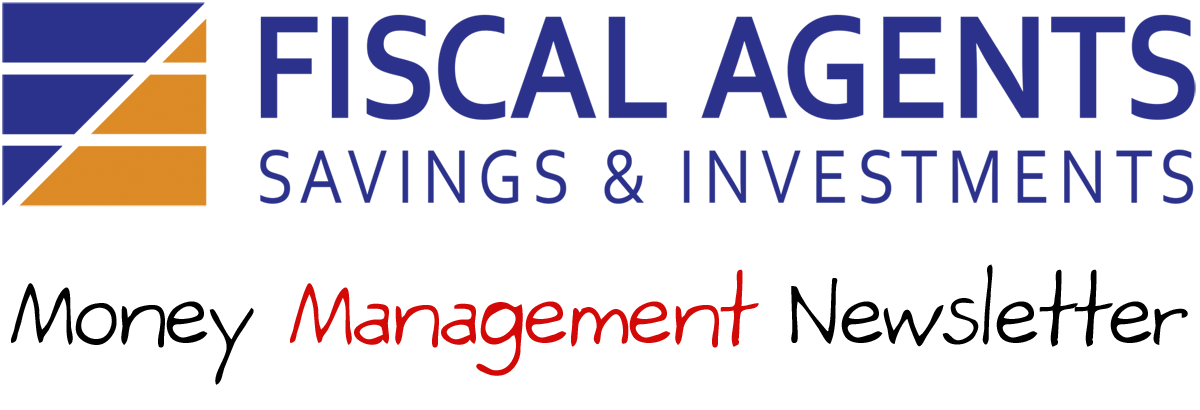Each person opening any form of deposit account at a financial institution is subject to the same set of federal or provincial Anti-Money Laundering Procedures, due diligence and regulations.
Canadian Financial Institutions (“FIs”) are regulated by the Office of the Superintendent of Financial Institutions (“OSFI”). Under the terms of OSFI’s guideline B-8, Deterring and Detecting Money Laundering and Terrorist Financing Activities, the FIs are required to perform certain tasks to assist in both the prevention of money laundering and the investment of proceeds of criminal activities, in accordance with the Proceeds of Crime (Money Laundering) and Terrorist Financing Act (the “Act”). The Act established the Financial Transactions and Reports Analysis Centre of Canada (“FINTRAC”) as the agency responsible for the collection, analysis and disclosure of information provided by reporting entities to assist in the detection, prevention and deterrence of money laundering and terrorist financing in Canada and abroad. FINTRAC works closely with OSFI and CDIC to ensure the FIs are in compliance with the Act.
Fiscal Agents Savings and Investments (FASI) acknowledges the importance of identifying clients for the purpose of opening new accounts and determining if a transaction is suspicious where money laundering is concerned. FASI also understands that as a broker for various FIs, we must assist the FIs in their reporting and anti-money laundering (“AML”) responsibilities.
To assist with the AML effort and reporting requirements of the FIs, FASI has laid out the following New Account Opening and Anti-Money Laundering Procedures and Due Diligence, which we require all representatives, employees and RDBA member broker/agents associated with FASI (the Broker) to follow at the very minimum. When placing a transaction with a particular Fl, the AML requirements laid out for the corresponding Fl must also be recognized and the representative must act in accordance with these requirements.
The procedures below were developed to coincide with current FI AML requirements and current industry standards, such as the RDBA AML standard.
As all accounts and transactions are different, each particular account and transaction should be reviewed by a compliance officer at the respective FI for whom the deposit account will be opened. Each FI’s written policies and procedures override the following, and as always, the FI reserves the right to reject and return any deposit or new account that they find non-compliant.
Government Information Required
Source of Funds
Acceptable: Client’s Personal Cheque made payable to the Fl (or coincide with the names) of the registration) and drawn from accounts with a Canadian deposit-taking institution. The name on the cheque must match the name of the applicant(s).
1. or Maturity Cheques) issued by a CDN Financial Institution; made payable to the
2. Applicants in the same registration as the new GIC
Not Acceptable: Cash, counter cheques, money orders, drafts, travelers cheques or other axe permitted to be accepted in any value – no exceptions!
Know Your Client (KYC)
FASI requires that all clients meet in person where possible with the FASI Broker prior to any GIC being purchased.
FASI also requires that a Third Party Determination be made, in order to identify if someone other than the client or its authorized representative is instructing the client or its authorized representative in the transaction.
Non-Face to Face
All clients for whom a personal contact is not possible, the Identity Verification Record (IVR) document is to be used. Each person to be registered on the investment must have the IVR completed by their bank.
The Broker must obtain and record the following details for each client, registration, and/or transaction, along with the issuing FIs AML and KYC requirements:

